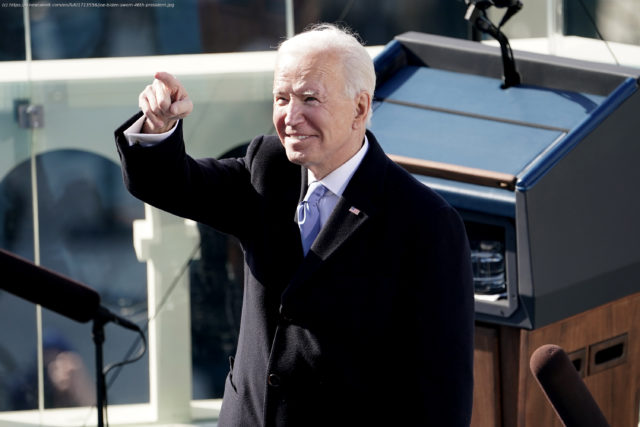To win the presidency in 2016, Donald Trump exploited a growing gap between the subjective and objective views of America.
What do George Soros and Donald Trump have in common? Although the two men are often framed as nemeses, both clearly believe in the power of „reflexivity,“ first coined by Soros in 1987. President Joe Biden would be wise to become a believer as well. Way before the internet and reality TV, Soros theorized that we live between two realities: objective and subjective. Objective realities are true regardless of what people think or say. For example: Every human will die. Or, you have $3,457 in your bank account. Subjective realities, however, are shaped by what people think. What is important is that these beliefs shape objective reality. Financial markets fall into this category because participants can never know all relevant objective facts driving an interconnected global economy. Investors use their best judgments to assess what assets are worth and buy or sell accordingly; these collective judgments move markets and thus become objective reality. In turn, that objective reality affects our subjective reality once again, and so on in an endless feedback loop. This is reflexivity. Reflexivity explains how Amazon went from an unprofitable online bookseller to one of the world’s most valuable companies. With its stock price propelled for years by investors who believed Amazon would disrupt not only bookselling but also traditional retailing, Amazon bought itself time and talent to fulfill the dream. The electric automaker Tesla is currently riding high on such a subjective reality loop. Reflexivity also works in politics—and ironically, the most prominent practitioner of Soros‘ theory has been Donald Trump. To win the presidency in 2016, Trump exploited a growing gap between the subjective and objective views of America. Subjectively, most Americans believed the U.S. to be the leader of the free world and home of the „American Dream.“ Objectively, however, the country was sliding. U.S. economic dominance had ebbed steadily since 1960 as more countries educated their citizens, boosted productivity and competed in global markets after decades of isolation—with China emerging as America’s strongest rival.






